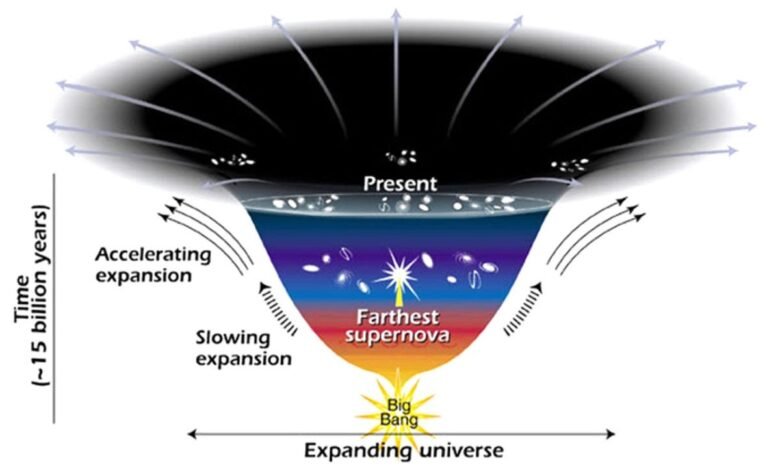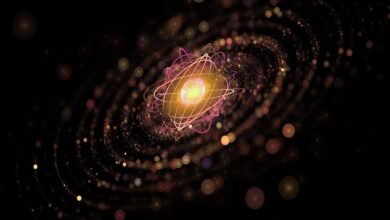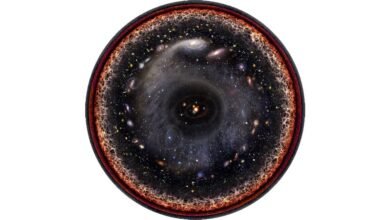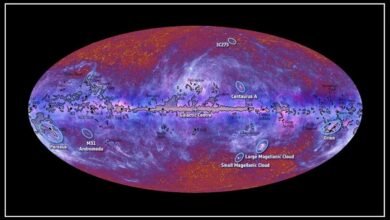Ask Ethan: Could dark energy be more negative than a cosmological constant? | by Ethan Siegel | Starts With A Bang! | May, 2025

The fact that our Universe’s expansion is accelerating implies that dark energy exists. But could it be even weirder than we’ve imagined?
Our Universe, as we understood it, underwent a radical change at the end of the 20th century. We had long assumed — consistent with the evidence we had, mind you — that our Universe was taking part a great cosmic race that begun back at the start of the hot Big Bang. On the one hand, the Universe was born rapidly expanding, but on the other hand, the force of gravity worked to slow the expansion down and pull things back together. For most of the 20th century, the big question for cosmology was, “which impulse will win out in the end: gravitation or expansion?” Then, in 1998, we got our shocking answer: it will expand forever, but that’s because there’s a new type of energy that we didn’t expect, dark energy.
In the time since, we’ve ruled out alternative explanations and measured dark energy’s properties very well, but many questions still remain. In particular, despite all the ways that our knowledge of cosmology has changed in the 21st century, we still don’t know what dark energy is, or what its properties truly are. Could it be even stranger than most of us…




